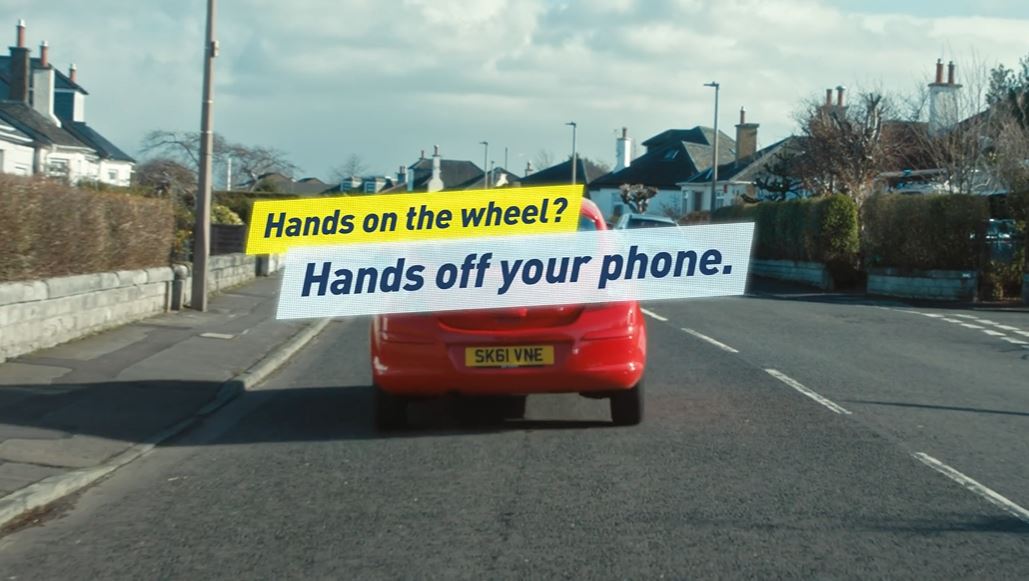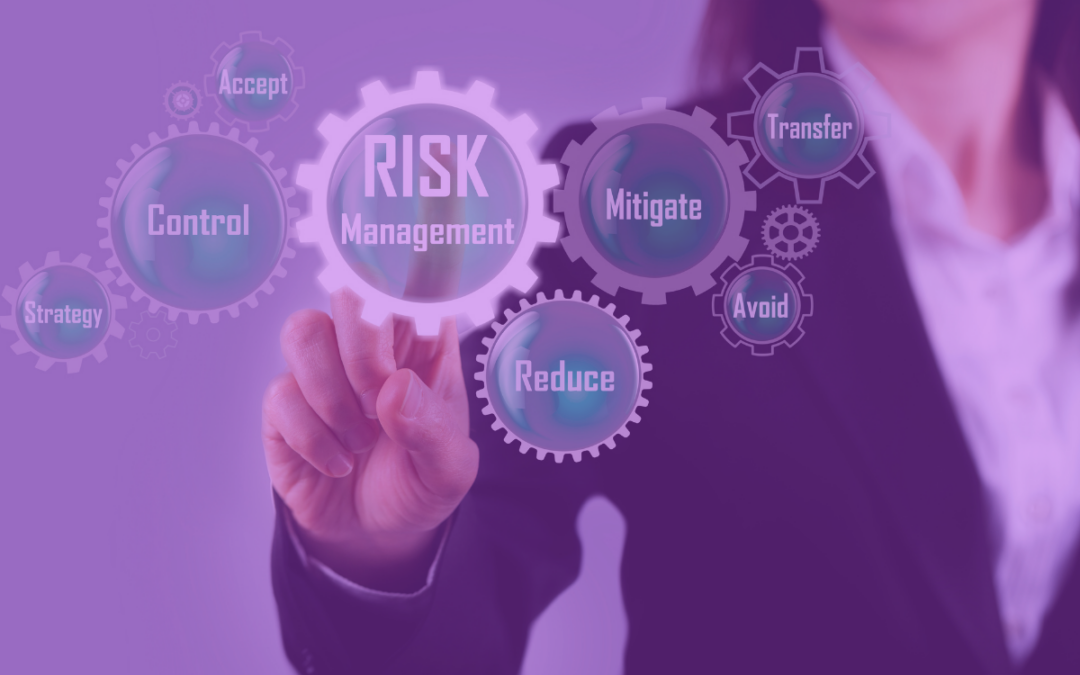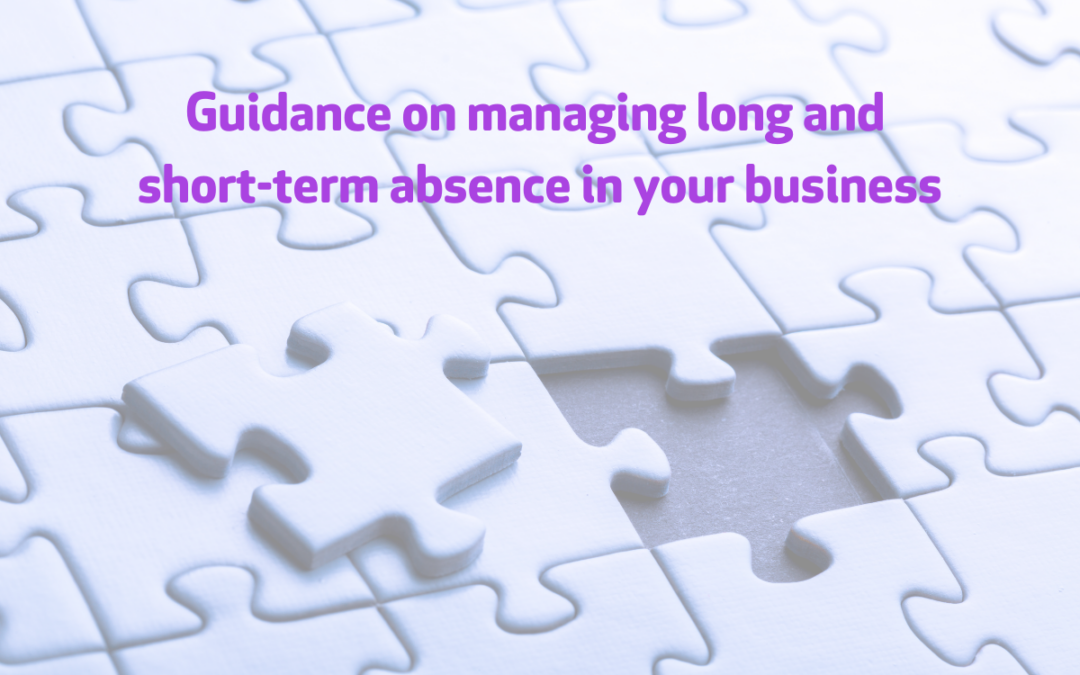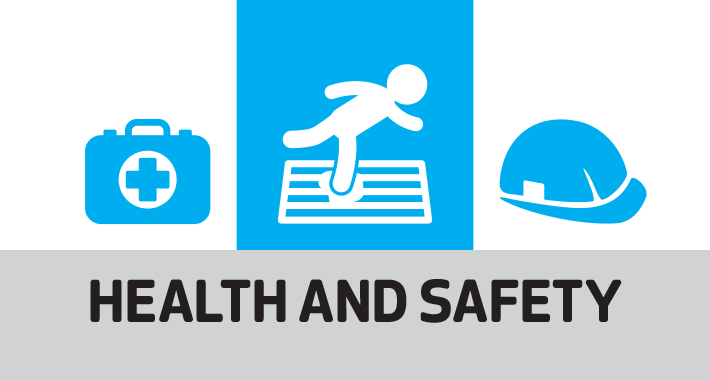
by Clair Mooney | Mar 31, 2022 | Health and Safety
Personal Protective Equipment at Work Regulations will be amended from 6 April 2022 to ensure that agency and temporary workers ‐ so called limb (b) workers ‐ are provided with the same PPE protections as employees. Those who have self‐employed status are not included and the HSE has published interim guidance to help employers prepare.
The definition of self-employed here has created some confusion, with the guidance stating:
Generally, workers who come under limb (b):
- carry out casual or irregular work for one or more organisation
- after 1 month of continuous service, receive holiday pay but not other employment rights such as the minimum period of statutory notice
only carry out work if they choose to
- have a contract or other arrangement to do work or services personally for a reward (the contract doesn’t have to be written) and only have a limited right to send someone else to do the work, for example swapping shifts with someone on a pre-approved list (subcontracting)
are not in business for themselves (they do not advertise services directly to customers who can then also book their services directly)
Many in the sector may be unfamiliar with the definition of a limb (b) worker. Commenting on the guidance Ian Cole-Wilkins, CEO of Indigo, who have 15 years’ experience of providing subcontractor contracting services to the construction sector, advised that
“In the first place it is important to recognise that anything that improves workplace health and safety should be welcomed. FIS members may be unclear on the technical elements of the guidance published by the HSE and for good reason as the HSE appear to have merged [albeit with good intentions] the legal status of limb [b] workers and added to the mix S44 ITEPA esque considerations with their position of “those that are self-employed for legal and tax purposes”. They appear to have omitted the word “just” or “only” and not fully understood that you simply cannot invent a new class of “worker” without much wider consideration.
Despite the clumsiness, the intention is to be welcomed and I believe that they are primarily trying to ensure that the lower paid, predominantly agency workers who are engaged on hybrid models, don’t pay for PPE. Those that are truly self-employed, that can display there is no requirement for personal service, or there is lack of mutuality of obligation or there is no significant control will not fall within the PPER 2022 provisions. It is therefore important for FIS members to ensure they and their suppliers have assessed the status of their subcontractors and wider labour force in the correct manner. We would be glad to assist any FIS member with a free, no-obligation assessment of their workforce status to provide reassurance around compliance with the 6 April PPE requirements.”
FIS has provided additional guidance to support members in implementing this change here: https://www.thefis.org/2022/03/11/ppe-regulations-to-be-extended-to-all-workers/

by Iain McIlwee | Mar 25, 2022 | Health and Safety
From today (25 March), rules in The Highway Code are coming into force to make any hand-held use of a mobile phone while driving illegal, except in limited circumstances.
This means you must not use a device in your hand for any reason, whether online or offline. The law applies to you if you’re:
- supervising a learner driver
- stopped at traffic lights
- queuing in traffic
- driving a car that turns the engine off when you stop moving
- holding and using a device that’s offline or in flight mode
There are exceptions, such as if you need to call 999 or 112 in an emergency or making a contactless payment in a vehicle that is not moving.
You can find the full rules on using a phone, sat nav or another device when driving on GOV.UK
FIS members are advised to review policies and advise employees who drive whilst on work duty.
To help re-enforce, the government’s award-winning THINK! team has launched an awareness campaign today to remind drivers not to use a hand-held phone at the wheel and the penalties of choosing to ignore this new law. This includes the infomercial below that can be circulated with the updated guidance to employees:
To visit the FIS Health and Safety Toolkit, click here

by Clair Mooney | Mar 16, 2022 | Health and Safety
A COVID-secure titled risk assessment is no longer legally requiredk however COVID-19 still presents a risk to the workplace which employers are required to manage in line with the Management of Health and Safety at Work Regulations 1992.
If FIS members already have a risk assessment in place, they’ll need to review the content and controls, as it is now over to employers to formulate a policy on employee self-isolation.
With the responsibility of keeping workplaces safe and COVID-secure now sitting even more heavily on the shoulders of employers, FIS Associate Member Citation has seen an increase in enquiries on how to manage COVID-risk. To help address this, they have created a free checklist covering everything employers need to know.
The free guide can be downloaded from https://tinyurl.com/fislearningtolive2022

by Clair Mooney | Mar 11, 2022 | Health and Safety
In November 2020, a court judgment found that the UK had failed to adequately transpose aspects of two EU Directives into domestic law with respect to worker safety. In reaction HSE has confirmed that the Personal Protective Equipment at Work Regulations will be amended from 6 April 2022 to ensure that agency and temporary workers ‐ so called limb (b) workers ‐ are provided with the same PPE protections as employees. Those who have self‐employed status are not included and the HSE has published interim guidance to help employers prepare.
The definition of self-employed here has created some confusion, with the guidance stating:
Generally, workers who come under limb (b):
- carry out casual or irregular work for one or more organisation
- after 1 month of continuous service, receive holiday pay but not other employment rights such as the minimum period of statutory notice
only carry out work if they choose to
- have a contract or other arrangement to do work or services personally for a reward (the contract doesn’t have to be written) and only have a limited right to send someone else to do the work, for example swapping shifts with someone on a pre-approved list (subcontracting)
are not in business for themselves (they do not advertise services directly to customers who can then also book their services directly)
Where workers now fall into this definition organisations will have to provide all workers falling in scope with the correct PPE necessary for health and safety free of charge, as well as maintain and replace it as necessary.

by Clair Mooney | Mar 7, 2022 | Health and Safety
Managing sickness absence within a business has always posed a large obstacle for employers. FIS Associate Member Citation has received a surge in sickness absence concerns from employers over the last few weeks, ranging from employees testing positive with COVID-19 and employees being reluctant to return to work due to health concerns surrounding the pandemic, to more typical start-of-the-year sickness absence issues.
With more and more employees experiencing long COVID-19 symptoms, employers are losing increasing amounts due to work long-term sickness and, without the appropriate policies and procedures, this could be a huge loss for employers.
To help FIS members, FIS Associate Member Citation has created two guides on how to manage both long and short-term sickness absences.
Managing long-term sickness absence
From creating a policy and return-to-work processes, to avoiding a discrimination claim, this includes important advice from our experts on how to best manage long-term sickness absence, in a world which is consistently evolving due to COVID-19. Guidance available at https://tinyurl.com/fislongtermsickness2022
Managing short-term sickness absence
The government reports that two-thirds of small businesses (62%) do not have formal sickness absence policies in place. In order to manage this in the best possible way it is important that you, as the employer, consider implementing a fair and clear process to help identify repeat offenders, deter other employees from not turning up to work, and ultimately retain as many employees as possible in the workplace. This guidance covers what processes you should put in place, managing recurring absences and more. Guidance available at https://tinyurl.com/fissickness2022

by Clair Mooney | Feb 22, 2022 | Health and Safety
Hazards and risks are present in any workplace. The truth is, accidents happen and are sometimes unavoidable. But, as an employer, you do have certain legal obligations when it comes to recording and reporting near misses, accidents, and incidents in your workplace.
To help you get to grip with your responsibilities, FIS Associate Member Citation, has put together a handy checklist of everything you need to know about accident reporting. The free checklist outlines how to report an accident for your employees, how to log accidents and indicates in your accident book, your RIDDOR reporting obligations, and how and when you need to report to the Health & Safety Executive.
DOWNLOAD: https://tinyurl.com/fisaccidentreporting
FIS member benefit
If you’d like to chat about how Citation can help with the HR and Health & Safety side of your business, just give them a call on 0345 844 1111, or fill in their call-back form and they’ll get right back to you.
Please quote ‘The Finishes and Interiors Sector’ when enquiring to access your member benefit and preferential rates.




